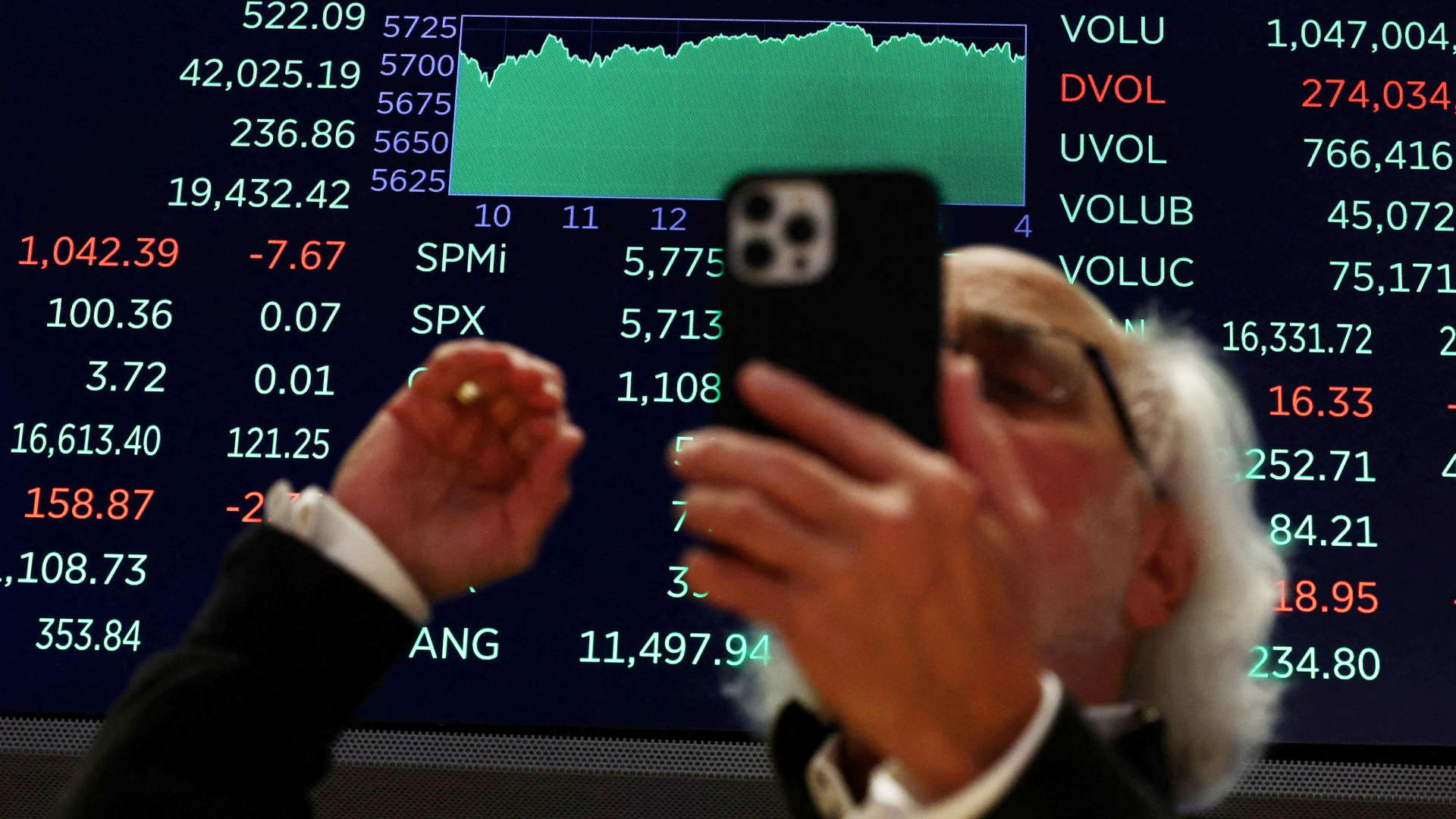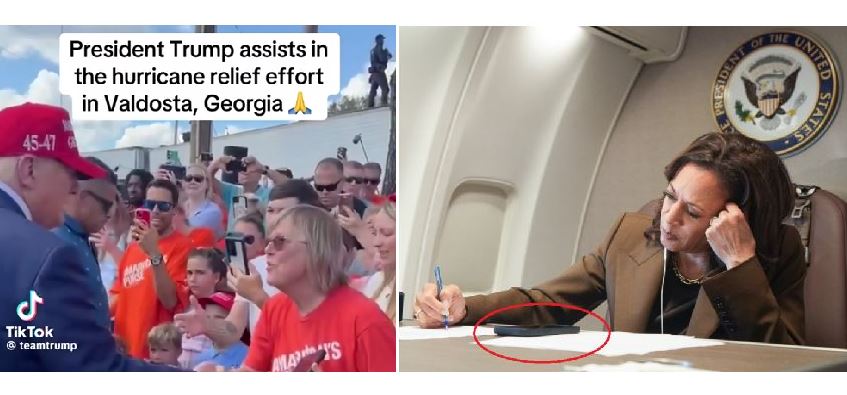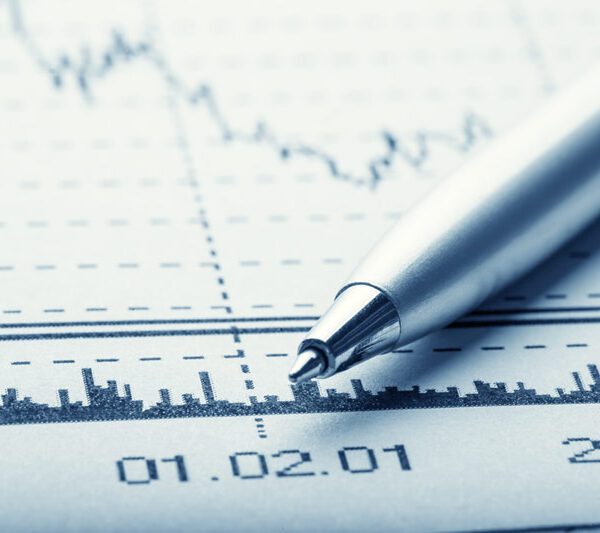The year has reached its last quarter. Equity markets have been volatile, with the S & P 500 rising 0.42% to a record close of 5,762.48 on Sept. 30 as investors continued to bet on themes like the potential for artificial intelligence and interest rate cuts. Chinese markets have seen renewed interest with the CSI 300 blue-chip index surging 8.5% on Monday — its best day in 16 years . The benchmark 10-year U.S. Treasury yield , meanwhile, is hovering around 3.79% Looking ahead to the last three months of this year, one veteran investor cautioned that “several uncertainties loom,” such as from the upcoming U.S. elections, rising geopolitical tensions and concerns over an economic slowdown. “These factors could inject volatility into the markets, making Q4 a period to watch closely,” Kevin Teng, CEO of Wrise Private Singapore, told CNBC Pro on Sept. 30. As investors ponder how — and where — to invest in this uncertain climate, CNBC Pro asked market experts how they are positioning before the year-end. ‘Capitalize on the shifting market dynamics’ The fourth quarter is starting hot on the heels of central banks’ rate easing cycle. The U.S. Federal Reserve had a 50 basis-point cut on Sept. 18 while the People’s Bank of China (PBOC) cut both the seven-day reverse repo rate and banks’ reserve requirement ratio on Sept. 24. Such phenomenon decreases the attractiveness of cash, Teng said of the asset class that many investors actively allocated to last year. The wealth manager — whose firm serves ultra-high-net-worth individuals across Asia, the Middle East and Europe — said he’s now “focusing on short-duration cash investments.” Among the areas he likes is U.S. equities — thanks to the Fed’s “accommodative policy” and “continued momentum in high-growth sectors like artificial intelligence.” “In particular, we remain bullish on generative AI and companies such as Nvidia, which continue to experience strong demand from data centers and AI-driven applications,” Teng explained. Other themes he likes include real estate and consumer staples which “stand poised to benefit most from lower borrowing costs.” Teng is bullish on Chinese and Hong Kong-listed equities, adding that his firm upgraded them from neutral to overweight after the PBOC’s announcement last week. “We believe the scale and focus of the measures, particularly the targeted liquidity injection, address the critical issue of insufficient domestic capital flows into China’s stock market,” he explained. “With the new policy framework, we expect a shift towards greater market participation, which should bolster equity performance. The combination of monetary easing and significant stock market support marks a turning point, positioning China and Hong Kong equities for meaningful upside potential.” Against this backdrop, this is how Teng would structure a $50,000 portfolio: $30,000 into U.S. indexes exchange-traded funds tracking the Dow, S & P500 and Nasdaq. $10,000 into global active and short duration fixed income funds. $10,000 into money market instruments with a view to add into dips in equities. “We anticipate more volatility in the U.S. so I would advocate to buy in on the dips and to stay long in the equities market for this year,” Teng said. The wealth manager, who was previously an executive director of private wealth management at Morgan Stanley, added that he also trimmed allocations to gold and alternative assets to “capitalize on the shifting market dynamics.” Look out for laggards Like Teng, Lombard Odier’s Nannette Hechler-Fayd’herbe, is bullish on equities, but likes markets that have “lagged behind.” The U.K. is one such market given that its “valuations are attractive and compares to the forward price-to-earnings you find for emerging markets,” the Swiss bank’s head of investment strategy, sustainability and research and chief investment officer of EMEA told CNBC Pro. “There is an interesting valuation point about U.K. equities, and given recent positive economic surprises that present potential upsides, we feel this is an attractive market.” Hechler-Fayd’herbe’s comments came as the British pound jumped to its highest level in two-and-a-half years on Sept. 23 following a hawkish rate hold from the Bank of England. “Some of that lag might be due to how strong the pound has panned out. For companies exporting in the local currency, this means their earnings have less strength,” she explained. “International investors owning U.K. equities and not hedging the currency, either win on the currency strength gains or win on the equity market.” Other markets Beyond the U.K., Hechler-Fayd’herbe sees potential in emerging markets such as Taiwan and South Korea. Taiwan, she said, to gain from “strong secular tailwinds” on the back of growing global demand for semiconductors. Over in South Korea, she expects equities to see a “meaningful recovery” in their earnings per share in the next six to 12 months thanks to a “continuation of the memory upcycle.” Elsewhere in Asia, Hechler-Fayd’herbe is looking at Japanese equities — particularly those in the small and mid-cap space — given that the country is in a “geopolitical sweet spot” and is benefitting from a pick up in inflation and stabilization of consumption levels. Going forward, she believes the country’s “domestic businesses are re-discovering pricing power and the gradual monetary tightening cycle should be helpful for the outlook of banks & insurers.” “Momentum for corporate reforms remains strong and serve as a secular tailwind, Hechler-Fayd’herbe added.
Hot Topics
-


Manchester United to Switch Up Shirt Sponsor Logo to Shine Light on Health Injustice – Sports activitiesLogos.Net News
-


Trump is signing dozens of govt orders—and JPMorgan has began a struggle room as company America struggles to maintain up
-


One yr in the past, a hedge fund supervisor launched the saddest letter
Subscribe to Updates
Get the latest tech, social media, politics, business, sports and many more news directly to your inbox.












